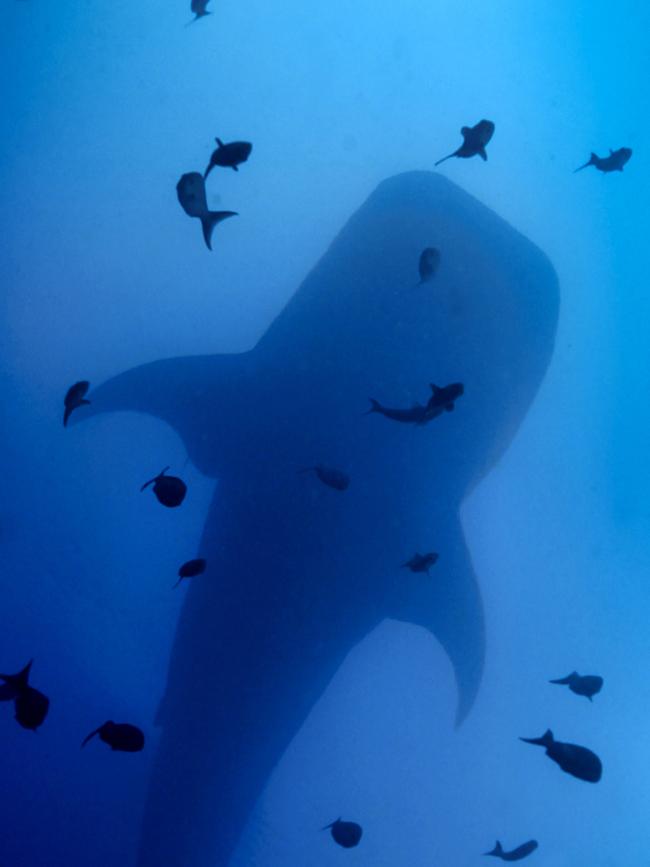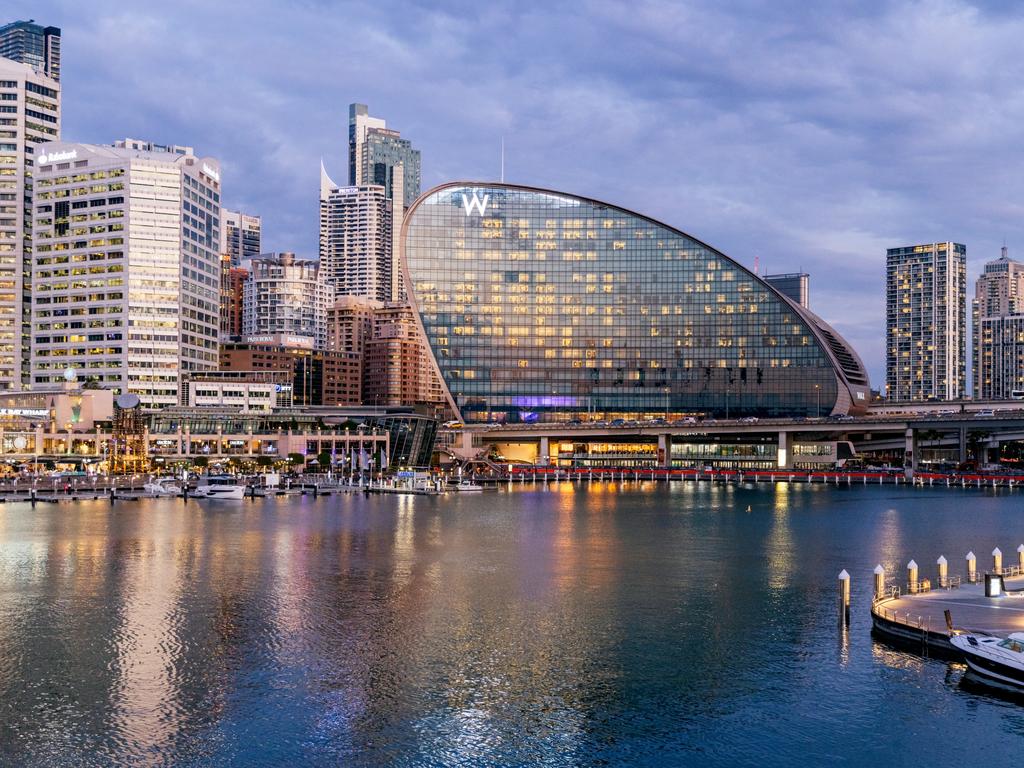Best Places to Swim with Whale Sharks: Top 5 spots
Get up close and personal with these extraordinary creatures at these top spots around the world.
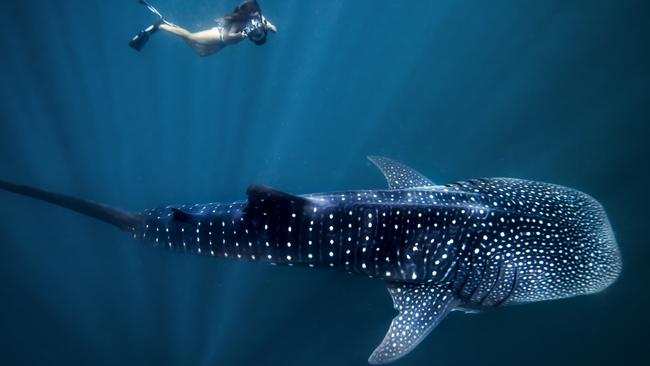
We have rounded up the best places to see the largest fish species on the planet. Here are our top tips:
1 Ningaloo Reef, Western Australia
If swimming with sleek, spotted whale sharks is on your bucket list – and it should be, even if you are no Ian Thorpe – the nearest opportunity is a direct flight from Perth or Melbourne. Male juveniles congregate along the UNESCO World Heritage-listed Ningaloo Reef, scooping up 20kg of plankton a day. These gentle giants are as big as a bus, so keep a few metres’ distance for your safety and their welfare. As well as being mesmerised by mega-mouthed whale sharks, you can see other wildlife including four species of sea turtle and 500 colourful fish species on the reef, which begins mere metres from shore. Humpback whales also appear toward the end of whale shark season.
How: Licensed operators follow the rules about wildlife interaction, and also give guests a good experience. They include Ningaloo Whale Shark-N-Dive (whalesharktours.com.au) and Exmouth Dive & Whalesharks Ningaloo (exmouthdiving.com.au).
When: March-July.
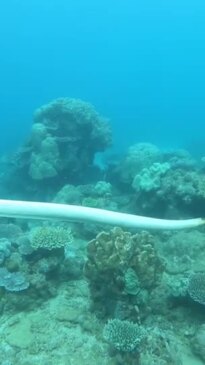
2 Cancun and Bay of La Paz, Mexico
Mexico is unusually blessed with two whale shark comfort zones. Out west, where arid cactus country meets the Bay of La Paz, this endangered species gathers in what Jacques Cousteau described as “the world’s aquarium”. Expect plenty of other megafauna on and around the reef, including friendly sea lions. In the east, whale sharks hang out near Caribbean tourist city Cancun and the neighbouring Holbox and Mujeres islands. You will likely also encounter dolphins, manta rays and sea turtles in the tropical blue waters here.
How: Both areas are well regulated. Snorkel
tour options include Tuna Tuna Tours (tunatunatours.com) in the Bay of La Paz and Cancun Xtreme (cancunxtremetrip.com), which is owned and operated by a marine biologist.
When: Cancun May-September, Bay of La Paz November-April.
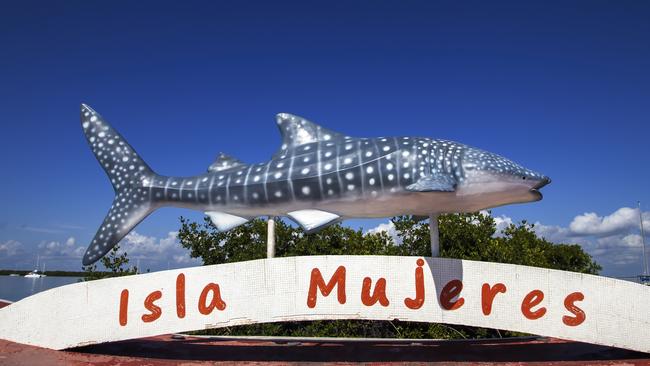
3 South Ari Atoll, The Maldives
It’s not only humans who are drawn to tropical paradise The Maldives, where islands offer white sand, palm trees and over-water bungalows lapped by turquoise perfection. Unusually for the nomadic whale shark they are always present here, especially in the South Ari Atoll Marine Protected Area. Attracted by deep, plankton-rich waters, they include adults up to 18m long, making Rhincodon typus the world’s largest fish.
How: Government guidelines about whale shark interaction in the protected area are not well enforced, so find reputable tour options at the Be Gentle to Giants website. They include LUX* South Ari Atoll resort (luxresorts.com), the region’s Be Gentle To Giants champion and a Maldives Whale Shark Research Program partner. It’s whale shark snorkel tours use traditional dhoni boats with covered engines to avoid wildlife injury.
When: Any time, with especially large numbers occurring when coral spawns during the monsoon full moon (March and October).
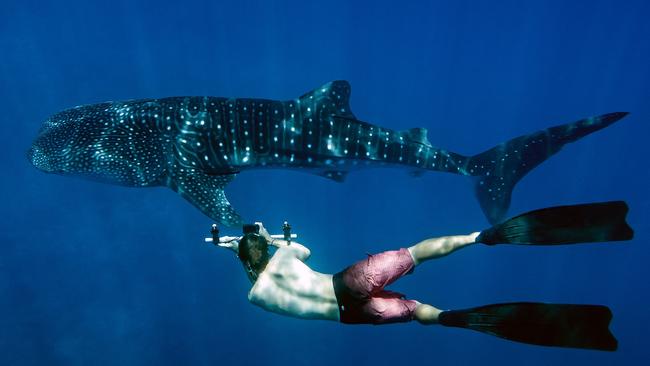
4 Cenderawasih Bay, Indonesia
Meaning Bird of Paradise, this wide bay includes Indonesia’s largest marine park, with tropical islands, mangroves and a rich coral reef ecosystem. Like The Maldives, conditions are so favourable for whale sharks that they are always found here, especially in the southwest around traditional fishing boat platforms called bagans. Fishermen believe whale sharks bring luck, so they give them some of their catch. Teluk Cenderawasih National Park’s other wildlife include dugongs, dolphins and 150 coral species, plus divers can explore World War II wrecks.
How: There are no organised whale shark tours in this remote area. Charter a boat in the town of Nabire or villages closer to the bagans, or join a reputable multi-day cruise through the region. Both departing Darwin, Coral Expeditions’ Raja Ampat and Spice Islands (coralexpeditions.com) and True North’s Whale Sharks of Cenderawasih Bay (truenorth.com.au) itineraries include time snorkelling with these beautiful big fish.
When: Year round, though visibility may be poor during monsoons (when road access to remote villages is also difficult).
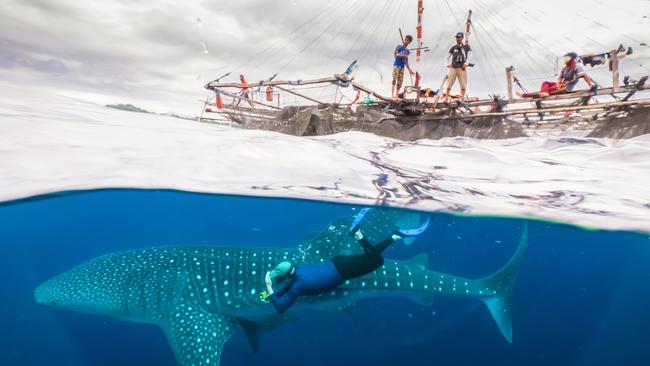
5 Galapagos Islands, Ecuador
This UNESCO World Heritage site is synonymous with extraordinary wildlife, including endemic species such as the world’s only tropical penguins, the only iguanas that feed in the sea, and giant tortoises, which give the islands their name. This region is also a haven for whale sharks. They are mainly seen around Darwin and Wolf islands, in the archipelago’s remote northern reaches, and the vast majority are pregnant females. It’s thought they may give birth in the Galapagos but, like many aspects of these awe-inspiring animals’ behaviour, scientists don’t know for sure.
How: In this precious place where tourism is carefully regulated, multi-day live-aboard diving trips are the main option for whale shark encounters. That includes adventures organised by the Galapagos Whale Shark Project (galapagoswhaleshark.org), whose experts are on board, and Yugen Earthside (yugenearthside.com), who donate part of every trip’s fares to research.
When: July-November.
More Coverage
